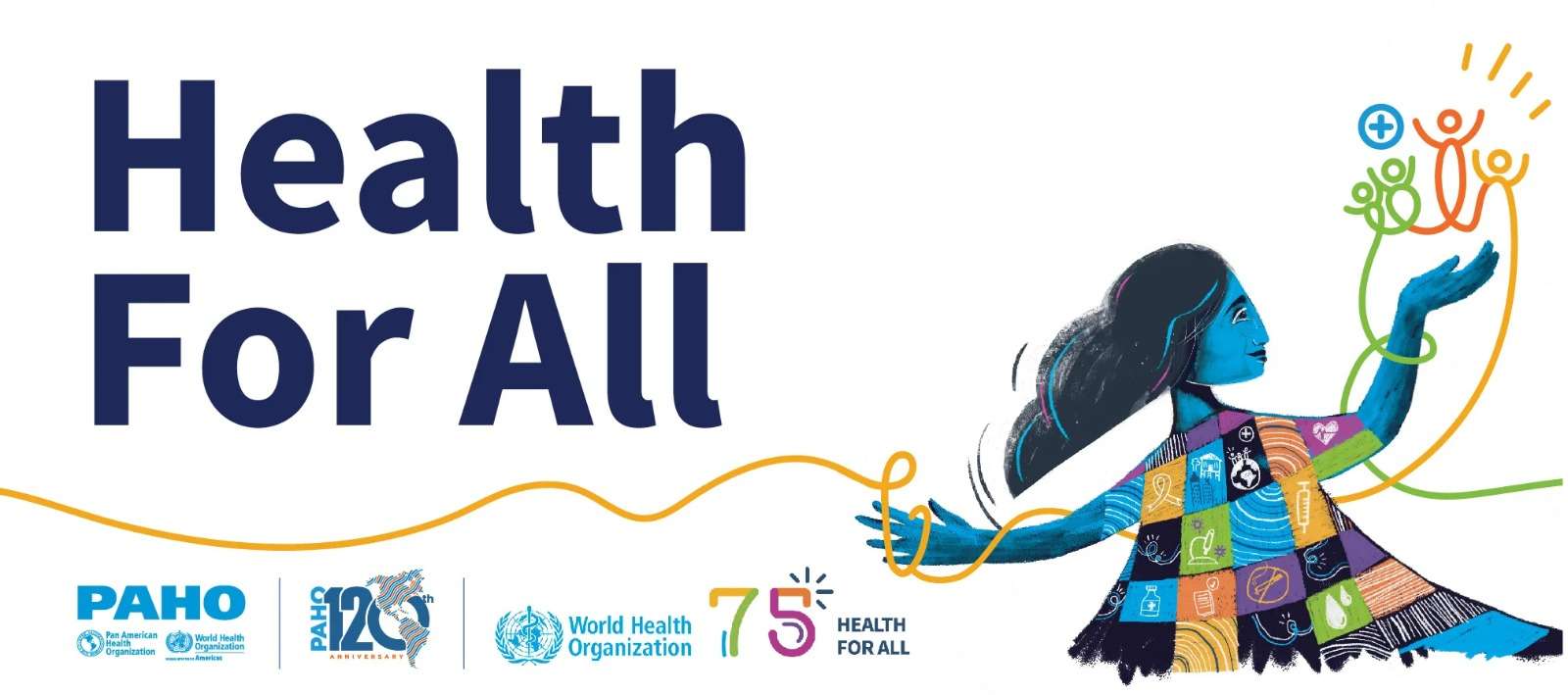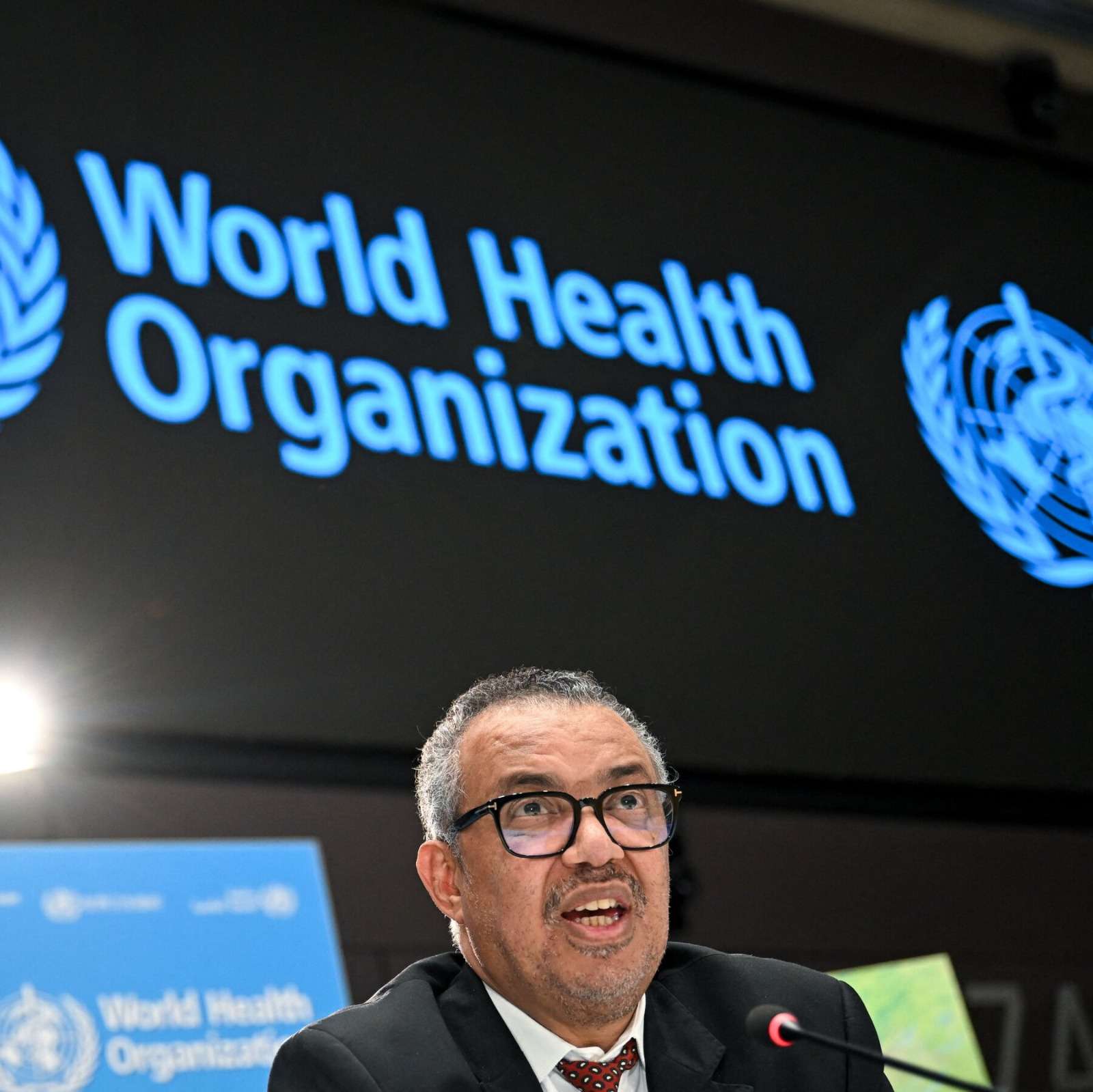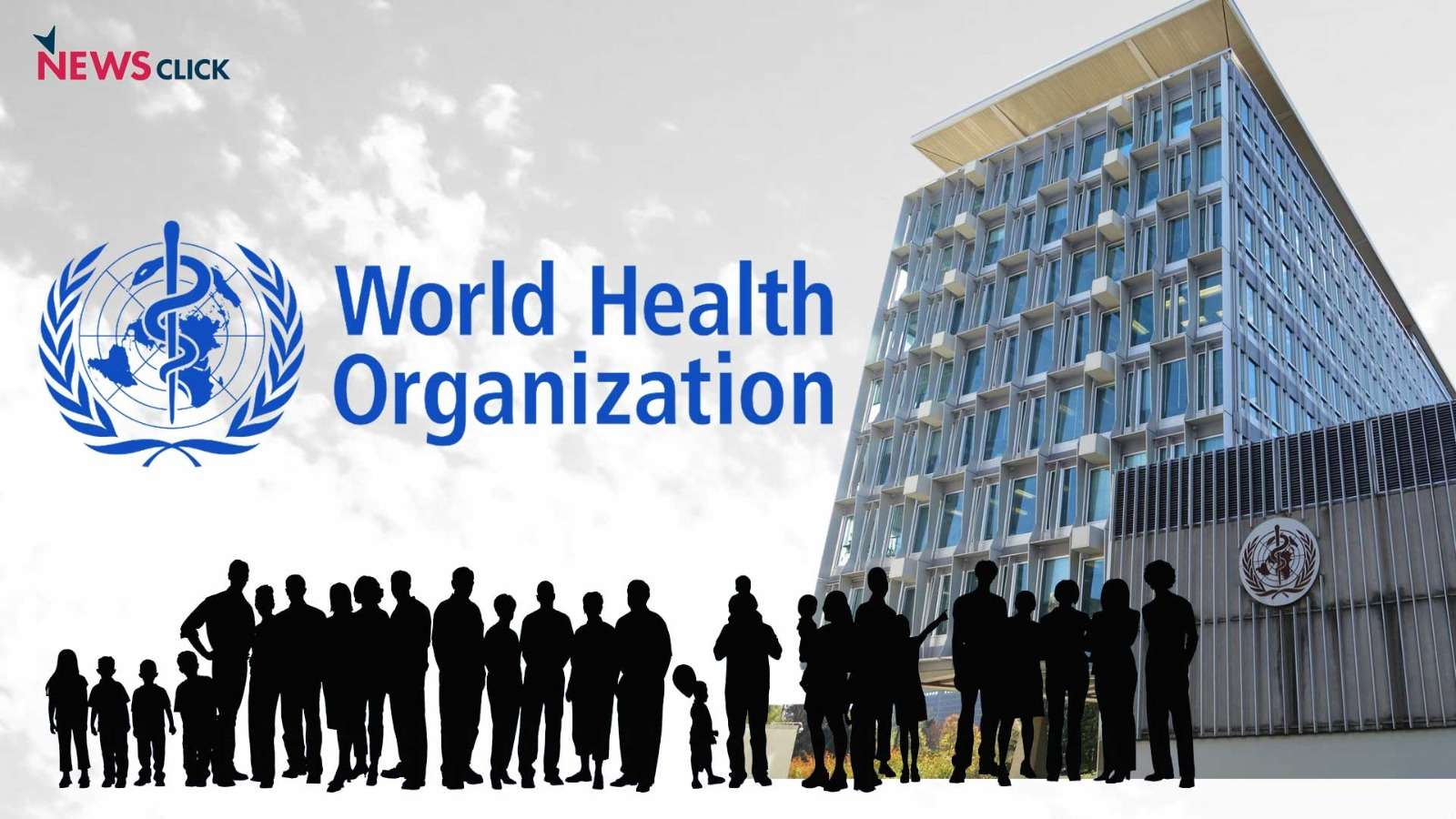World Health Organization (WHO) - Definition, Role, and History
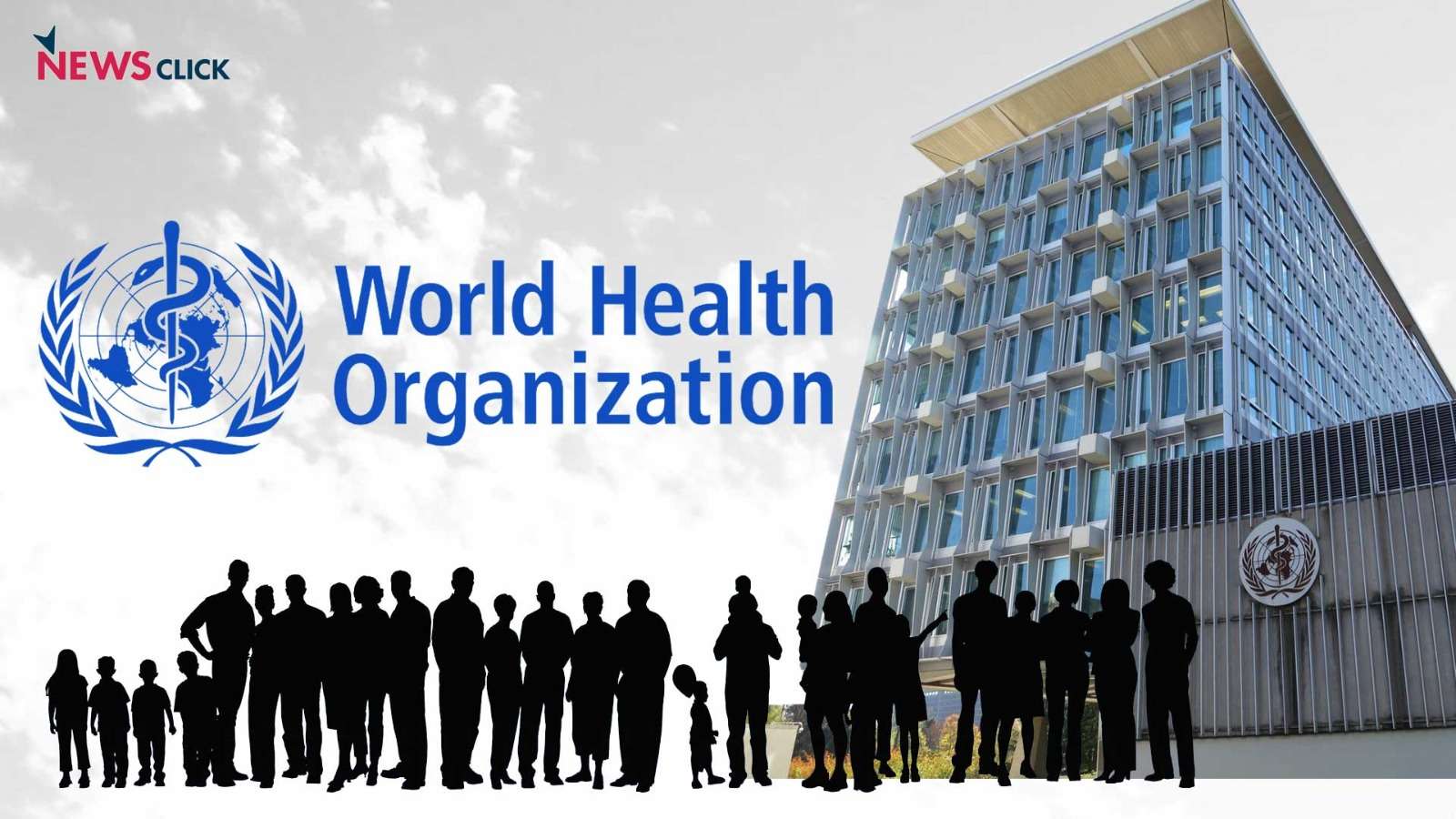
April 08, 2024
World Health Organization (WHO) - Definition, Role, and History
"Discover the role and impact of the World Health Organization (WHO) in global healthcare. Learn about its history, mission, and current initiatives. Stay informed and join the fight for a healthier world with WHO."

Welcome to our latest blog post where we delve into the world of the World Health Organization (WHO), a specialized agency of the United Nations responsible for international public health. Founded in 1948, WHO has been at the forefront of shaping global health policies and initiatives to improve the well-being of people around the world. Join us as we explore the history, mission, and impact of this influential organization in today's society.
The World Health Organization (WHO) is a specialized agency of the United Nations that was established in 1948 with the mission to promote international health and well-being. It is responsible for providing leadership on global health matters, shaping the health research agenda, setting norms and standards, articulating evidence-based policy options, providing technical support to countries, and monitoring and assessing health trends.
Throughout its 71 years of existence, the WHO has played a crucial role in improving the health and lives of people all over the world. Its scope of work covers a wide range of areas, including communicable and non-communicable diseases, mental health, maternal and child health, nutrition, environmental health, and emergency preparedness and response.
One of the main functions of the WHO is to provide technical support and guidance to member countries. This is achieved through the development of evidence-based guidelines and policies, which are then shared with governments and health organizations to help them make informed decisions. This support has been particularly crucial in areas such as immunization, where the WHO has been instrumental in eradicating diseases like smallpox and controlling others like polio.
The WHO also plays a crucial role in monitoring and assessing health trends globally. This involves collecting and analyzing data on a wide range of health indicators such as disease prevalence, mortality rates, and health system performance. By doing so, the WHO can identify emerging health threats and track progress towards achieving global health goals, such as the Sustainable Development Goals.
The organization also serves as a platform for global health collaboration and partnerships. Through its various programs and initiatives, the WHO brings together governments, health professionals, and other stakeholders to work towards common goals and address global health challenges. For example, the WHO played a key role in coordinating the global response to the Ebola outbreak in West Africa in 2014, mobilizing resources and coordinating efforts to contain the spread of the disease.
The WHO has also been at the forefront of advocating for health as a human right. It works to ensure that all individuals, regardless of their socio-economic status, have access to quality healthcare services. This includes addressing health disparities and promoting universal health coverage, where everyone has access to needed health services without financial hardship.
As we face the COVID-19 pandemic, the role of the WHO has become even more crucial. The organization has been guiding countries on how to respond to the outbreak and sharing essential information with the public. It has also been leading efforts to accelerate research and development for effective treatments and vaccines.
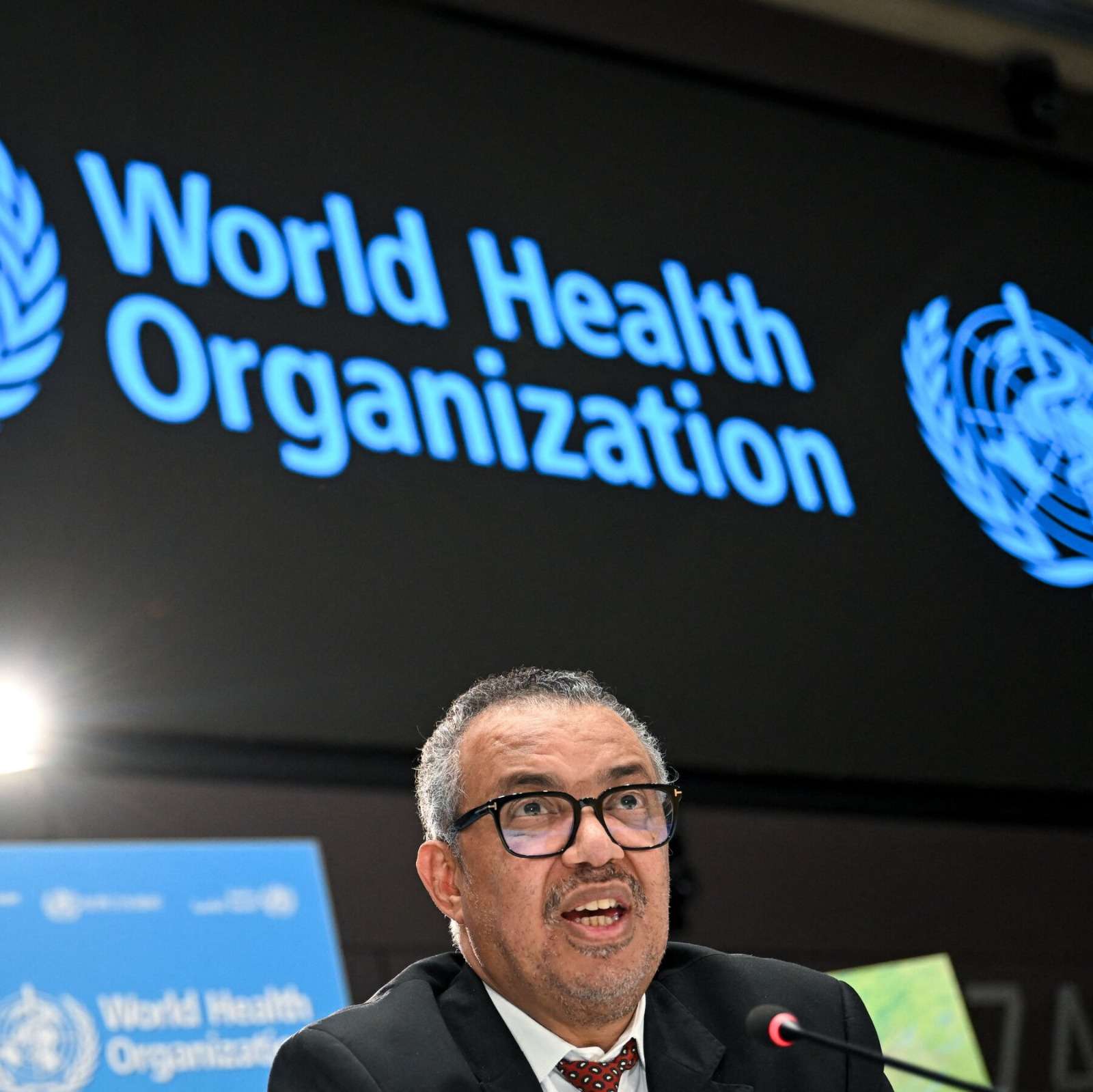
However, the WHO is not without its challenges. The organization is heavily dependent on member state contributions, which can vary and sometimes be inconsistent. This limits its ability to respond effectively to health emergencies and implement its programs. The WHO has also faced criticism for its response to certain outbreaks and its handling of internal issues.
Nonetheless, the WHO remains an essential global health organization, playing a vital role in promoting health and well-being for all. Its dedication to evidence-based policies, global collaboration, and health as a human right make it a critical force in shaping the future of global health. As we navigate through the current health crisis, it is more important than ever to support the work of the WHO and recognize its role in protecting and promoting the health of our world.
